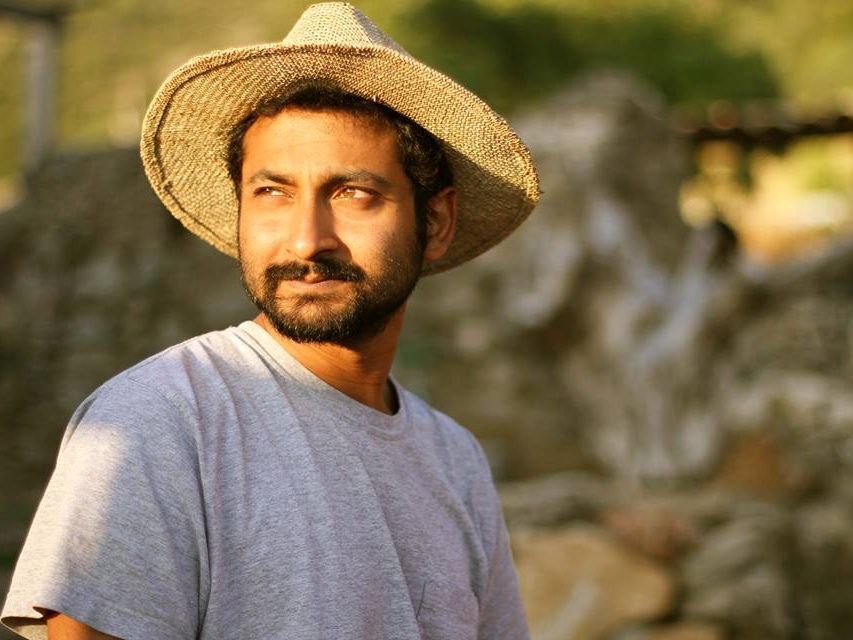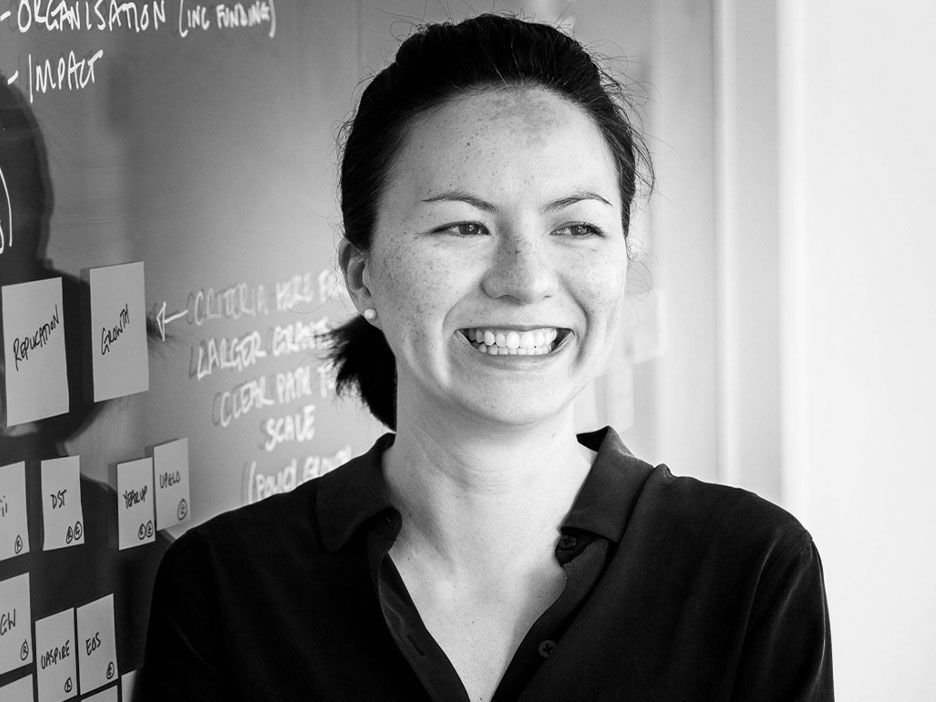CENTRING YOURSELF IN A WORLD THAT’S IN FLUX CENTRING YOURSELF IN A WORLD THAT’S IN FLUX

“Within you, there is a stillness and sanctuary to which you can retreat at any time and be yourself.” – Hermann Hesse, Siddhartha
Amidst the coronavirus outbreak, economic instability and dramatically shifting political landscapes of 2020, it’s been hard to find a solid piece of anything that isn’t in a state of flux. Travel bans, working from home and social distancing are the new normal, replacing time together in person with screens and Zoom calls. If the change and uncertainty have been negatively affecting your stress and anxiety, The World Health Organization has stated that you’re not alone.
Now more than ever it’s important to look within and channel the tools we already have to centre ourselves. Centring is the process of getting back in touch with ourselves when we’re feeling lost or off-balance. To be present in the now. Think of the centrepoint as the bullseye at the core of who we are. When we’re feeling off-balance, we might act out of character, make bad decisions or feel as though we lack purpose and meaning. For me, feeling off centre during this time has meant some unhealthy patterns of behaviour emerging; eating more than my fair share of junk food, frantically scrolling through pages and pages of news, trying to find answers.
My partner and I are both cut off from visiting our immediate family members who live in different countries to us. Not knowing when we might next see them, and worrying that someone will fall ill and we won’t be there to care for them has been, and continues to be, a major stressor for us. My natural reflex has been to speed up, searching for ways to preserve our normality. I’ve been on overdrive. Yet, to centre ourselves requires taking the time to slow down and look within for guidance. At the time, for me this felt counterintuitive and it was the opposite of what I’d found myself doing.
If you’ve been reading the news as much as I have, then you can’t have missed the coverage about our healthcare workers during the peak of the virus. Our frontline workers, in particular, have been asked to operate in overstretched and traumatic conditions, with little or no time for recuperation. But where does this trauma and grief go when there’s limited space to heal?
In our various roles as colleagues, partners, parents, friends, leaders, activists, we may feel the need to be there for others; to hold things together, to present a solid front. We may be the one others turn to looking for support and guidance at difficult times. But how can we hold it together for others when we’re struggling to hold it together for ourselves? It’s difficult to take care of other people before we’ve taken care of ourselves.
Quietening down in order to disconnect is key. It can help to carve time out of your day to prioritise yourself whether it’s after the kids are in bed or by saying ‘no’ to something. If you feel overwhelmed, try reducing exposure to media channels. Writing and other creative outlets can be therapeutic, or if you find going for long walks in nature activates your reflective side, give it a try. I personally find getting out on my own into green space with no phone helps me clear out the white noise and access my deeper emotions. We’re all different, though, so a good place to start is remembering times you reconnected with yourself.
It can feel uncomfortable to be alone with one’s thoughts, especially if you’ve been drowning them out by overworking rather than simply being. But the practice of expressing difficult thoughts and acknowledging what comes to the surface is important. In doing so, we can recognize our true sense of self and better find ways to heal.
Elissa Goldenberg, COO at The Wellbeing Project encourages us to take stock during times of change by asking ourselves what matters most to us, and what we stand for. Spending time figuring this out can help us reconnect to our values, and recognize where we may have strayed away from prioritising them. In doing this, we identify energy-draining activities that aren’t helping us to grow or reframe our outlook to help us get back to where we need to be.
We need to practice compassion in our actions, our communications, our service, and importantly, our self-care. When we make a habit of taking good care of ourselves, we’re likely to lead healthier lives and feel less stressed. Within us, space becomes available to deepen our connection to others; to listen more intently, and to show up in a new way for the people and the causes we care about.
When did you last take the time to truly switch off and reconnect with your inner voice?
About the Author:
Sarah Plant is a content writer and author of the current affairs blog That News Thing. While she spends most of her professional life writing about wellbeing and current affairs, outside of work she’s often found curled up with a cup of coffee, reading non-fiction or wrapping up warm to explore the stunning (but cold!) northern English countryside.




















































Leave a Reply